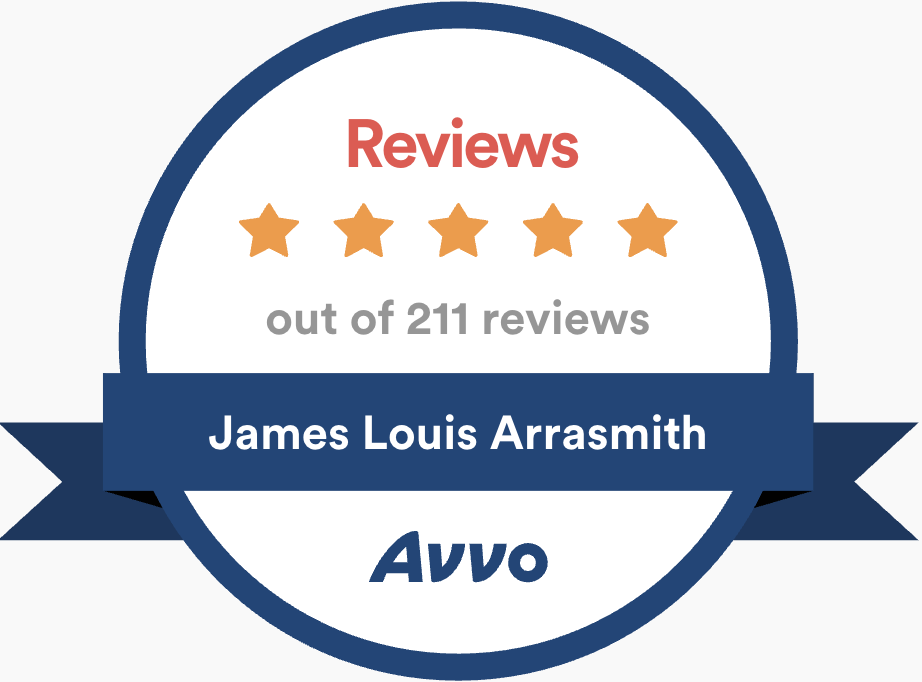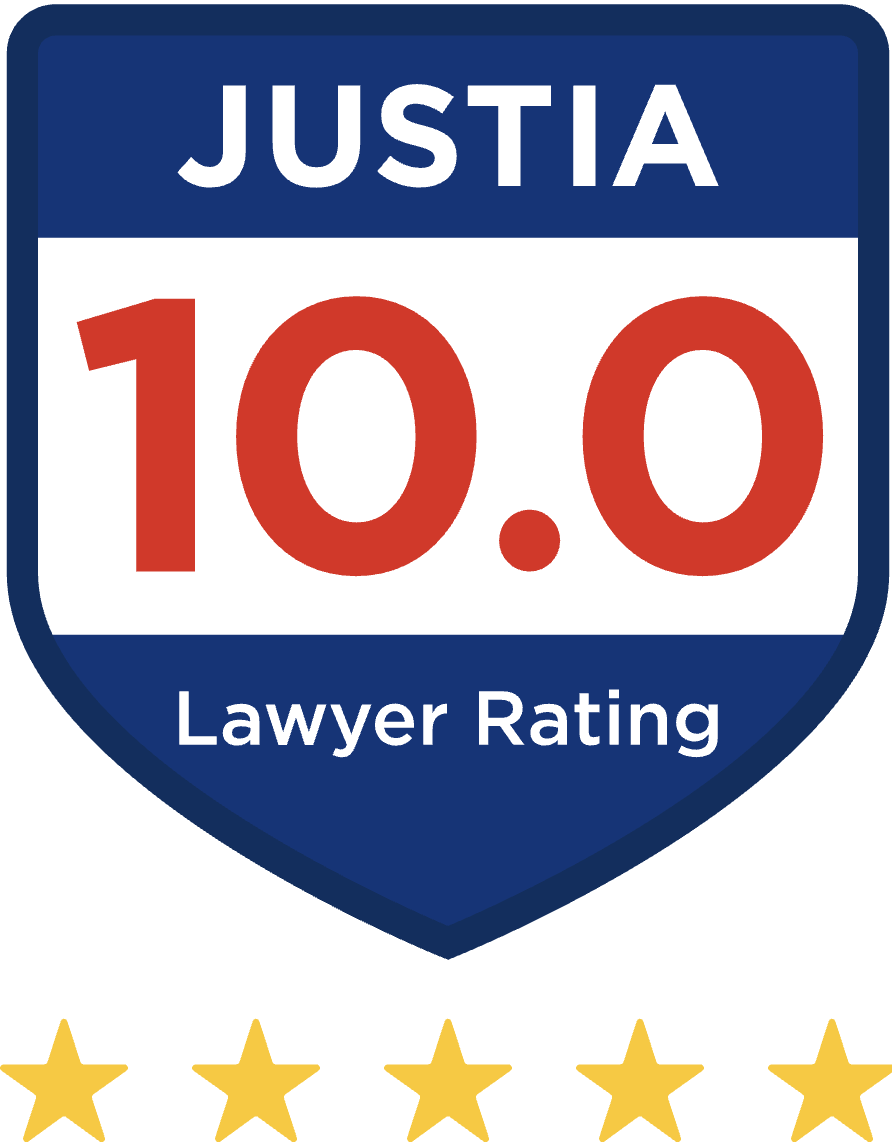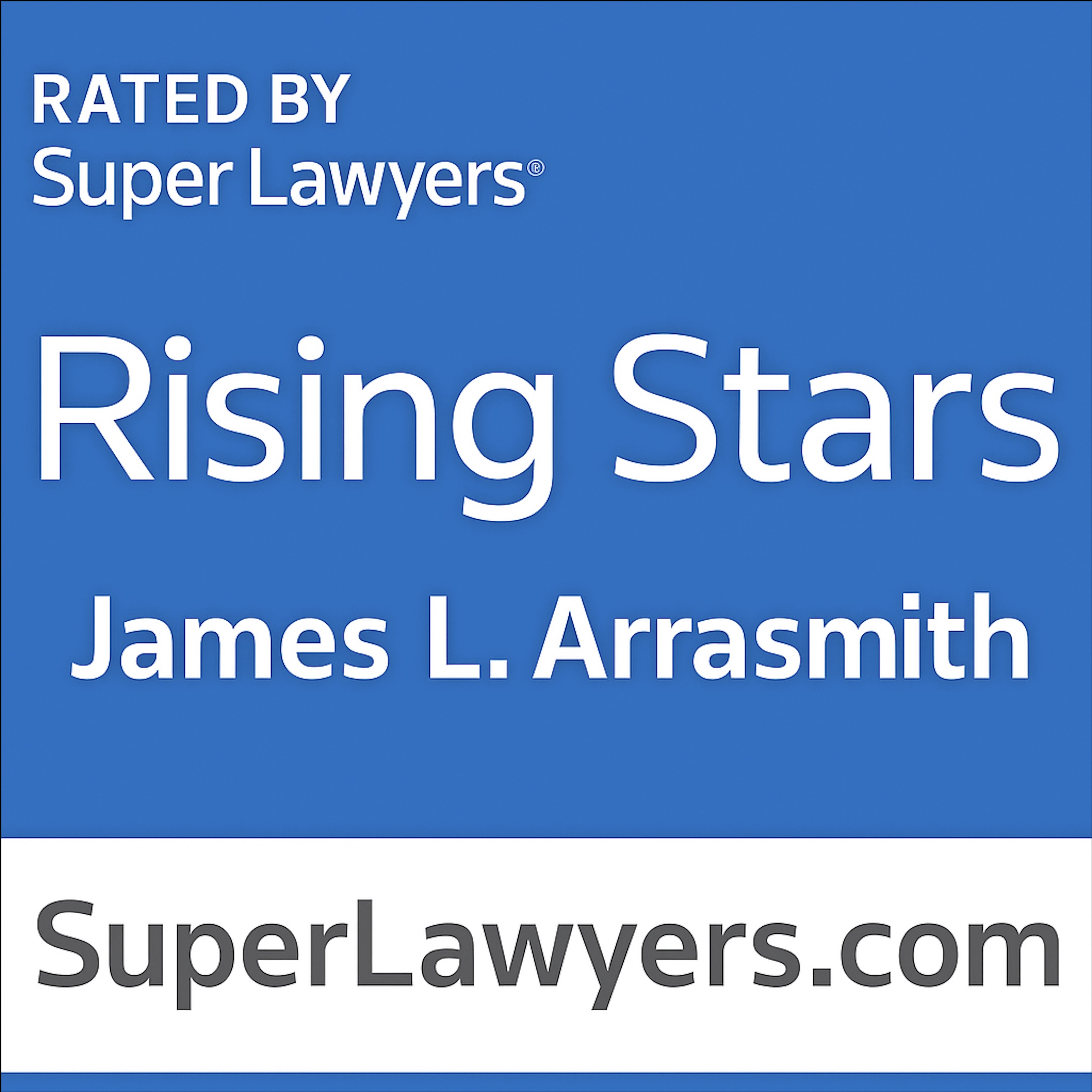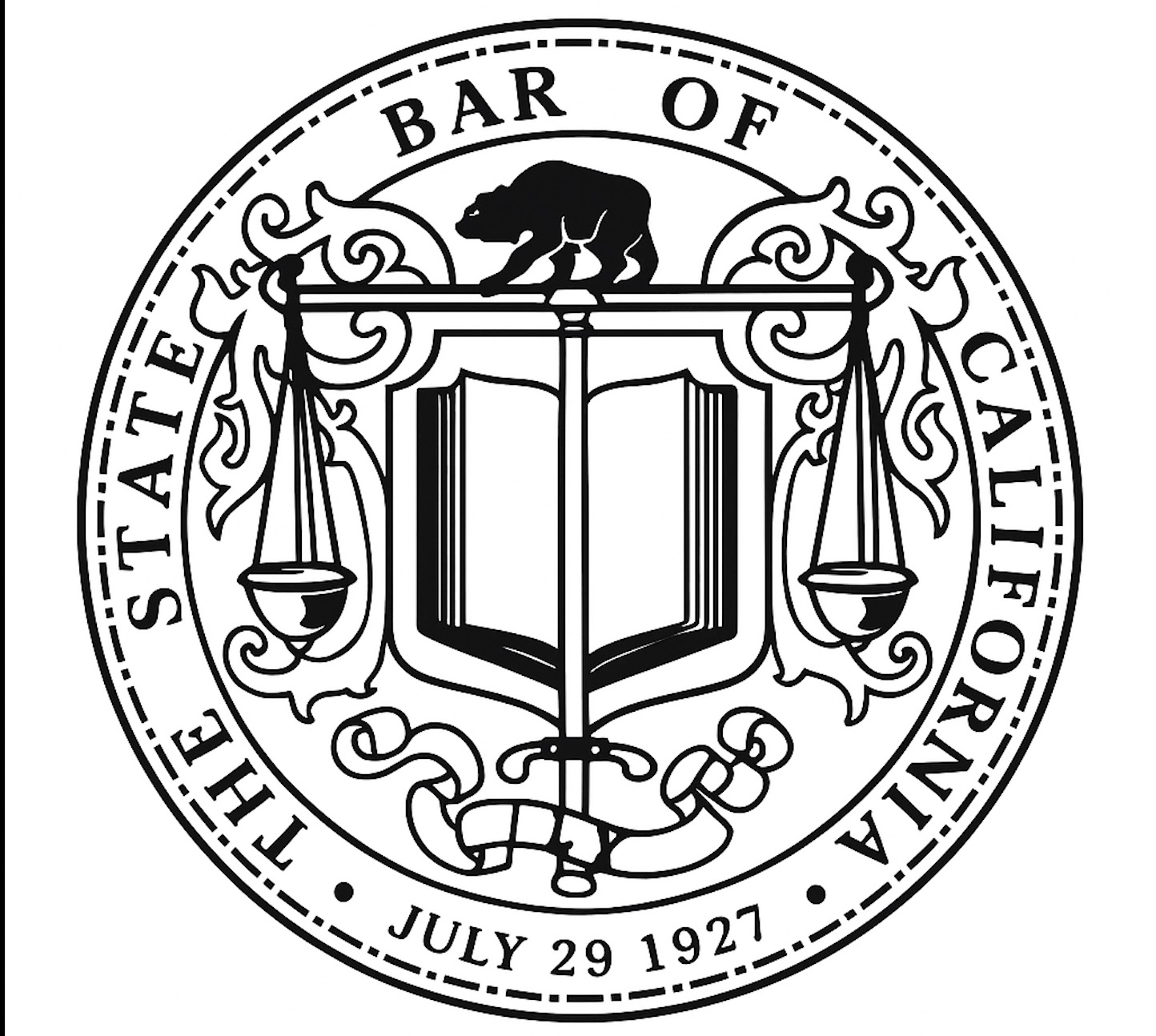Experienced Administrative Law Attorney Serving California
By James L. Arrasmith, Owner & Chief Legal Counsel, The Law Offices of James L. Arrasmith
Administrative agencies touch nearly every aspect of modern life—from professional licensing boards to benefits programs, environmental regulators, and labor commissions. When those agencies investigate, audit, or discipline you, the process feels overwhelming and the consequences can be severe. As I often tell clients, “Administrative hearings move quickly—preparation is paramount.” My team and I provide strategic, seasoned representation that protects your livelihood and reputation while navigating the unique procedural rules of agency practice.
Understanding Administrative Law
What Is Administrative Law?
Administrative law governs how federal, state, and local agencies create and enforce regulations. Unlike traditional civil litigation, these matters proceed before an agency hearing officer or administrative law judge (ALJ). Strict filing deadlines and evidentiary rules apply, yet agencies also wield broad discretion. Failing to appreciate these nuances can jeopardize an otherwise meritorious case.
Key California & Federal Agencies
- California Office of Administrative Hearings (OAH)
- Professional licensing boards (Medical, Nursing, Real Estate, etc.)
- California Public Utilities Commission (CPUC)
- U.S. Department of Labor (DOL) & Equal Employment Opportunity Commission (EEOC)
- Social Security Administration (SSA) & Veterans Affairs (VA)
Common Administrative Law Challenges
Professional License Accusations
Doctors, nurses, brokers, and contractors invest years mastering their craft. When a board files an accusation, their livelihood hangs in the balance. I build a meticulous evidentiary record, challenge procedural defects, and—where appropriate—negotiate settlement terms that protect your ability to practice.
Regulatory Compliance & Investigations
Agencies may audit businesses for wage-and-hour compliance, environmental permits, or consumer‐protection obligations. Early advocacy is crucial. “We aim to correct issues before the agency solidifies its narrative, saving clients time, money, and reputation,” I explain.
Benefit Determinations & Overpayments
From Social Security Disability Insurance (SSDI) to unemployment benefits, recipients often face denials or claw‐backs. Understanding the agency’s own handbook, policy memos, and appeal routes is vital to a successful outcome.
Why Experience Matters
Administrative disputes differ dramatically from courtroom litigation:
- Compressed Timelines: Some agencies require answers within 15 days—miss the deadline and you forfeit defenses.
- Informal Discovery: Traditional depositions may be unavailable; informal interviews and public‐records requests become indispensable.
- Exhaustion of Remedies: You must preserve every argument at the agency level before petitioning a superior court for review.
As I remind prospective clients, “A single misstep in an agency forum can close doors that courts cannot reopen.”
That’s why it’s essential to hire a qualified attorney—schedule an initial consultation here.
Our Proven Approach
Early Case Assessment
We begin with a forensic review of the agency’s investigative file, relevant statutes, and your professional history to identify factual and procedural leverage points.
Strategic Negotiation
Many matters resolve through stipulated agreements, corrective‐action plans, or informal settlement conferences—often before formal charges issue. Our firm’s credibility with deputy attorneys general and agency counsel frequently shortens disputes and minimizes penalties.
Robust Hearing Advocacy
When litigation is unavoidable, we present clear, persuasive evidence, cross‐examine agency witnesses, and argue zealously for dismissal or reduction of sanctions. Recent victories include the full reinstatement of a pharmacist’s license and the reversal of a six‐figure unemployment overpayment.
Judicial Review & Writs
Should the agency rule unfavorably, we file petitions for writ of administrative mandamus in state court, challenging decisions that exceed statutory authority or violate due process. Our appellate practice ensures continuity from agency to courtroom.
Frequently Asked Questions
How do administrative hearings differ from court trials?
Hearings are typically less formal, evidence rules are relaxed, and decisions are issued by ALJs instead of juries. However, the consequences can be equally severe.
Can I represent myself?
Technically yes, but agencies presume you know the governing statutes and deadlines. One overlooked regulation can forfeit key rights.
That’s why it’s essential to hire a qualified attorney—book your consultation now.
What does it cost?
We offer transparent fee structures, including flat fees for certain administrative matters. During your initial consultation, we outline anticipated costs and strategic milestones.
Next Steps
If an agency has sent you a notice, subpoena, or statement of issues, time is critical. “The earlier we intervene, the more options remain on the table,” I emphasize. Contact The Law Offices of James L. Arrasmith today or schedule a confidential appointment.
Disclaimer
This article is provided for informational purposes only and does not constitute legal advice. Every situation is fact‐specific; you should meet with an attorney for guidance tailored to your circumstances.

















